The primary goal of laser skin resurfacing is to enhance your skin’s appearance and texture. The American Board of Cosmetic Surgery recommends either non-ablative or ablative laser resurfacing. Non-ablative doesn’t strip off layers of your skin while ablative uses erbium or carbon dioxide to remove your skin’s outer layers to correct issues. If you want to see what qualifies someone needs to have to be a candidate for laser skin resurfacing, here’s what you should know.
Shallow Problem Spots
Experts say that you should have problems close to the surface of your skin to be a candidate for this procedure. These issues include shallow pigmentation, lines, and scarring. If you have deep pigmentation and scarring, your surgeon cannot use the laser to cut deeper into your skin. Your surgeon will assess your problem spots and see if they can be addressed by the laser.
Light Enough Skin
If you have a darker skin tone, a CO2 laser can give you problems. Once this laser takes all the pigments from your skin, it’s uncertain if the color will come back with the same shade. Deforming coloration is a common problem among those who have extremely light skin. Dark skin tones usually have a higher risk of developing this type of issue.
Facial Problems
Your body’s skin doesn’t have enough oil glands to sustain healing. It will burn once the laser runs over it. Fractional and CO2 lasers are only ideal for facial skin. The face will heal more quickly than the skin on your chest, arms, and legs. The number of sebaceous or oil glands in your facial skin is enough to initiate and sustain proper healing.
Specific Facial Skin Problems
Brown spots, fine lines, and acne scars are treatable skin problems for laser skin resurfacing. If you have unusual blood vessels or sun damage on your skin’s surface, diode lasers can help. Your cosmetic surgeon can suggest other alternative treatments if you have deep wrinkles or stretch marks.
Skin Is Not Sagging
Your skin can only tighten to a limited degree with laser skin resurfacing. CO2 lasers can make your superficial lines lighter. If you have sagging skin or jowls, your surgeon might suggest a facelift.
Strong Immunity
Laser skin resurfacing makes you more vulnerable to cold sores because your facial pores are more open. It cannot block any possible viral or bacterial infection as effectively as before. If you always have cold sores, your surgeon can prescribe anti-viral medications and antioxidants. You should take them for days until the day of your procedure. This will reduce your risk of developing complications from cold sores.
Skin Is Free of Acne Flare-up
Scarring from past acne problems can go away with laser acne resurfacing. If you still have an acne flare-up, this procedure could make it worse.
If you are a good candidate for this skin-renewing solution, you should talk to your cosmetic surgeon about it. At Kenneth Bermudez, MD, we make sure that you receive the skin enhancement treatment that fits your needs. Please visit our clinic in San Francisco, California, for an in-person consultation. You can also call us at (415) 712-1800 if you want to schedule an appointment or ask questions about our laser skin resurfacing packages.













